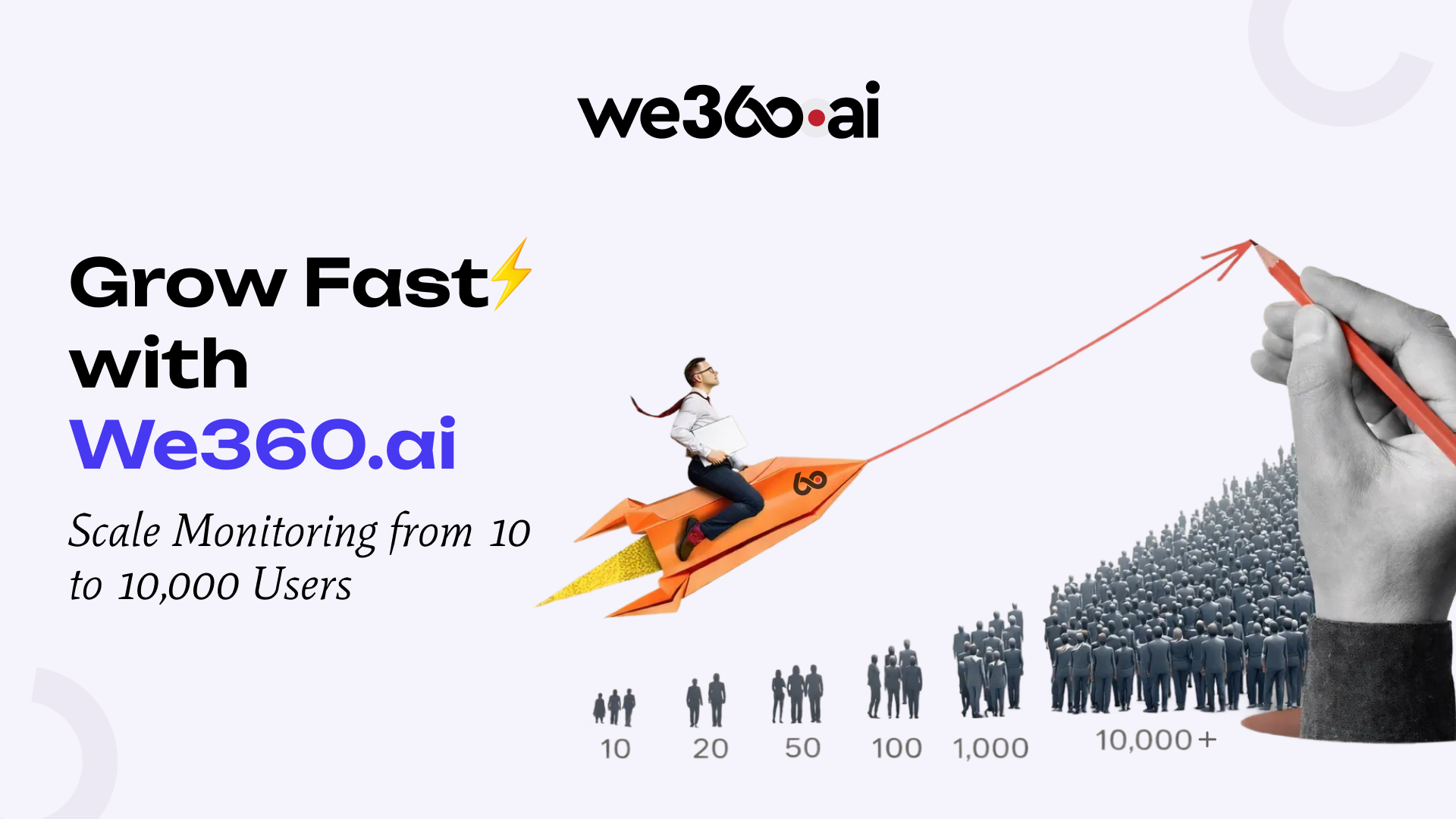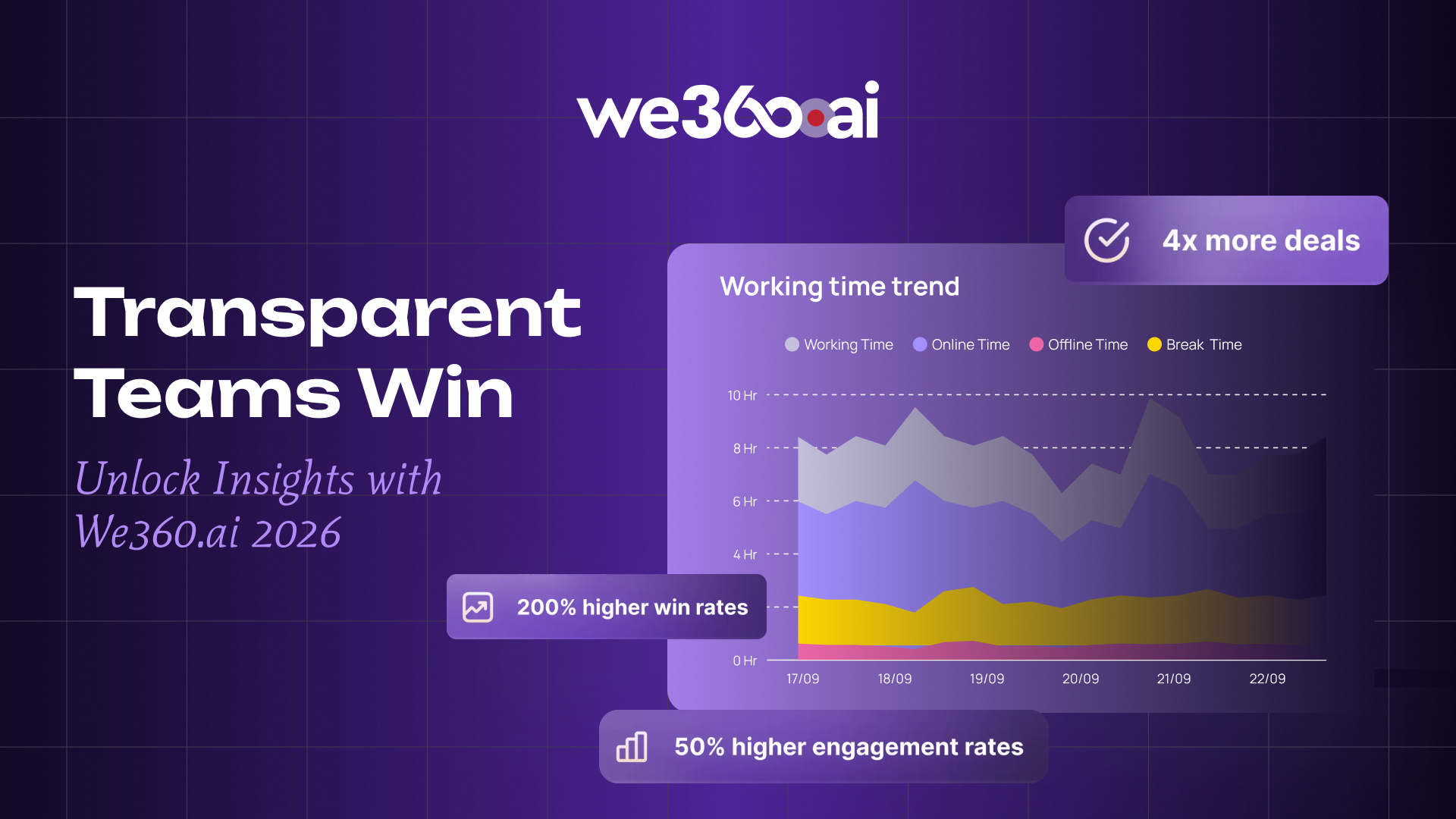In today’s evolving work environment, understanding peak productivity hours has become essential for effective workforce management and performance optimization. With the rise of remote and hybrid work models, businesses are increasingly relying on time tracking software, employee productivity tools, and workforce analytics platforms to identify when employees perform at their best. By analyzing work patterns, energy cycles, and engagement levels, organizations can create flexible schedules that improve focus, reduce burnout, and enhance overall efficiency.By leveraging data-driven insights, companies can align high-priority tasks with employees’ most productive time slots, leading to better decision-making and improved work quality.
This approach not only supports better time management but also helps in building a healthier work culture that values results over long working hours. As a result, businesses can achieve sustainable productivity growth while improving employee satisfaction and long-term performance.
I’m sure the answer is certainly ‘No’!
These days optimizing productivity has become more important than ever. However, not all working hours are equally productive for everyone. The traditional 9-5 schedule, while widely adopted, may not be the most effective way to harness the full potential of your workforce. Each individual has unique energy patterns and times when they are most alert, focused, and able to produce their best work.
In today’s evolving work environment, understanding peak productivity hours has become essential for effective workforce management and performance optimization. With the rise of remote and hybrid work models, businesses are increasingly relying on time tracking software, employee productivity tools, and workforce analytics platforms to identify when employees perform at their best. By analyzing work patterns, energy cycles, and engagement levels, organizations can create flexible schedules that improve focus, reduce burnout, and enhance overall efficiency.
By leveraging data-driven insights, companies can align high-priority tasks with employees’ most productive time slots, leading to better decision-making and improved work quality. This approach not only supports better time management but also helps in building a healthier work culture that values results over long working hours. As a result, businesses can achieve sustainable productivity growth while improving employee satisfaction and long-term performance.
Understanding these peak productive hours is essential for both employees and employers. It allows individuals to align their most demanding and important tasks with their high-energy periods, resulting in increased efficiency and better-quality output. For businesses, it means capitalizing on the optimal performance of their employees and maximizing productivity across the board.
In the past, rigid work structures often forced individuals to power through their workdays, disregarding periods of low energy and reduced productivity. However, the pandemic has shifted how we approach work, with remote and flexible models gaining traction.
Organizations now recognize the importance of accommodating individual preferences and energy fluctuations. Embracing a personally guided workday, employees can identify their peak productive periods and optimize performance, leading to greater satisfaction and well-being.
This blog is for business owners, managers and professionals who are interested in optimizing their time management to improve their and workplace productivity. We will explore the concept of peak productivity hours and how you can leverage them to unlock your team's full potential using We360.ai, a time tracking software.
What are Peak Productive Hours?
Peak productive hours refer to the times of day when individuals are most alert, engaged, and capable of producing their best work. While these hours can vary from person to person, they generally align with an individual's natural circadian rhythm and energy cycles. Some people might find that they are most productive in the early morning, while others might hit their stride in the afternoon or evening.
How to identify the peak productive hours?
Productivity hours and energy levels can differ significantly from person to person and may fluctuate throughout the day. While some individuals thrive as "night owls," working late into the night, others are "morning larks" who experience their peak productivity during the early hours of the day.
Recognizing peak productivity hours and aligning priority tasks accordingly can make a noticeable difference in your team’s performance. By capitalizing on these periods of heightened productivity, you can optimize your output and achieve greater success in your business.
- Go with a Systematic Approach:
Rather than relying solely on intuition, taking a systematic approach can yield optimal results when identifying peak productivity hours.
As per the Ultradian performance cycle, our bodies are naturally inclined to work in cycles and rhythms. By attentively following these inherent patterns, we can maintain both our health and productivity.
Research on the Ultradian performance rhythm supports this notion, highlighting a 90-minute period of heightened brain activity followed by a 20-minute period of lower brain activity.
According to this approach, the 90-minute period corresponds to the peak productivity hours of the day, characterized by increased brain frequency. Subsequently, the low-frequency period signals a need for the body to engage in the healing process before resuming regular activities. The study suggests utilizing peak productivity hours for tasks requiring focus and dedication, while routine or less critical tasks can be addressed during the low-frequency period or during a break before anticipating the next energy surge.
- Understanding the Work Patterns
To effectively leverage peak productive hours, it's essential to understand the work patterns of your employees. By identifying the specific times when your employees are most focused and productive, you can optimize work schedules and allocate tasks accordingly.
Maintaining a record of your employees’ daily activities is a practical approach to assess whether they are effectively allocating time to tasks aligned with business objectives. Activity logs act as a valuable tool for recognizing the most productive hours and enable one to schedule high-priority tasks during those times.
For example, your employees may unknowingly spend a significant amount of time on breaks or browsing social media platforms. By observing their daily activities, you can gain insight into the time devoted to each task or activity. This information allows you to make necessary adjustments to their work habits and eliminate time-wasting activities that do not contribute to business success.
To implement this strategy, it is beneficial to document key metrics including
- Start time and end time of each task.
- Duration of focused engagement on specific tasks.
- Frequency of distractions during work.
- Optimal moments for taking breaks.
You can maintain this record for a week or a month, or any suitable duration. Once you have collected sufficient data, analyze your work patterns and identify periods where you consistently maintain focus for extended periods. By doing so, you can pinpoint the peak productivity hours of your employees and leverage them to complete critical projects requiring accurate decision-making or critical thinking.
- Pay attention to the energy levels
Many individuals adhere to a standard daily cycle, waking up in the morning, working from 9 to 5, and enjoying their evenings at leisure. However, it is not uncommon to experience periods of low energy that disrupt workflow, dampen motivation, and reduce productivity. Instead of forcing productivity during these times, aligning your work with your natural energy level can lead to improved workflow and accomplishing more within a reasonable timeframe.
To understand energy levels and identify peak productivity hours, consider the following steps:
- Observe your team’s energy levels throughout the day
- Record high-energy and low-energy times
- Balance and plan your day accordingly
By aligning your work with your employees’ energy levels, you can optimize your productivity by focusing on demanding tasks during peak energy periods and effectively managing less demanding tasks during times of lower energy. This approach enables you to make the most of the energy and maximize your business output.
- By using time tracking software like We360.ai
We360.ai enables you to gain insights into your team's work patterns through its advanced analytics features. With the help of intuitive charts and visualizations, you can easily identify trends and patterns in employee productivity, allowing you to make informed decisions about scheduling and task assignments.
- Activity Monitoring for Insight
To gain a comprehensive understanding of how employees utilize their peak productivity hours, We360.ai offers activity monitoring features. By analyzing online time, offline time, idle time, and active time, you can gain deep insights into employee work habits.
Activity logs and statistics provide valuable information about how employees spend their time during their peak productive hours. This data can help identify potential distractions, workflow bottlenecks, and areas where improvements can be made to enhance productivity.
You can measure
- Online and offline time of each employee
- Understand employee focus and engagement by viewing productive and unproductive time
- Identify distractions during work with idle time, offline time and break time.
- Calculate the actual working time with respect to total working hours.
These parameters all together helps you identify the peak productivity time of all your employees.
Unlock Full Potential with We360.ai
With We360.ai, you can unlock the true potential of your employees' peak productivity hours. By aligning tasks with the times when individuals are most focused and energized, you can maximize efficiency, achieve goals, and promote a healthy work-life balance.
We360.ai's comprehensive suite of features, including timeline analysis, productivity monitoring, and activity monitoring, empower you to harness the power of peak productivity hours effectively. By leveraging data-driven insights, you can drive your team's performance to new heights and foster a culture of productivity and excellence.
Try We360.ai Now!
Don't miss the opportunity to optimize your team's productivity and achieve remarkable results. Sign up for We360.ai today and unlock the full potential of your workforce.
Can you Evaluate the Peak Productive Hours at your Workplace?














